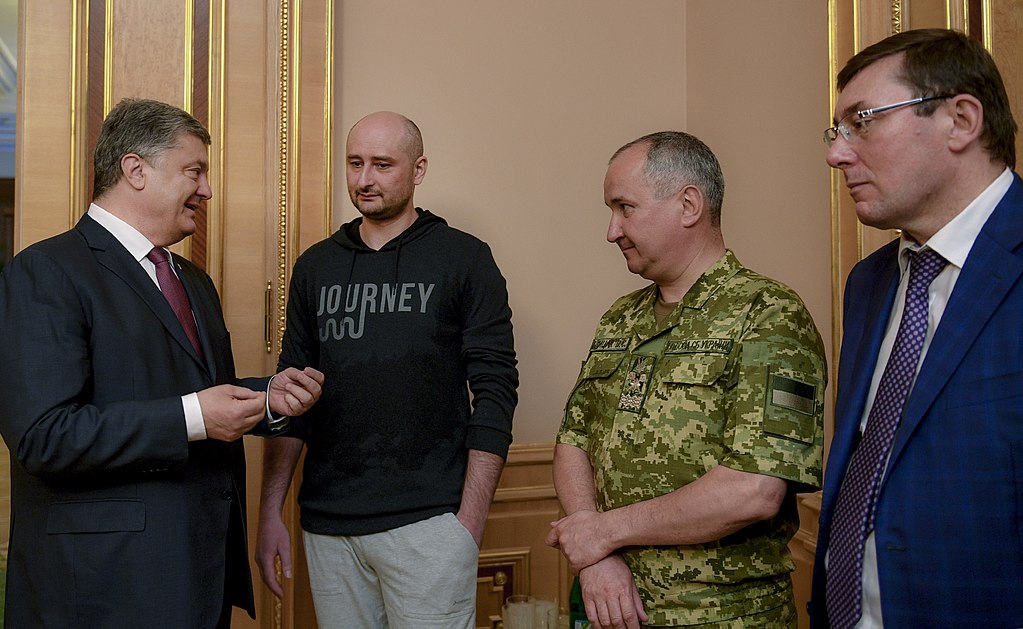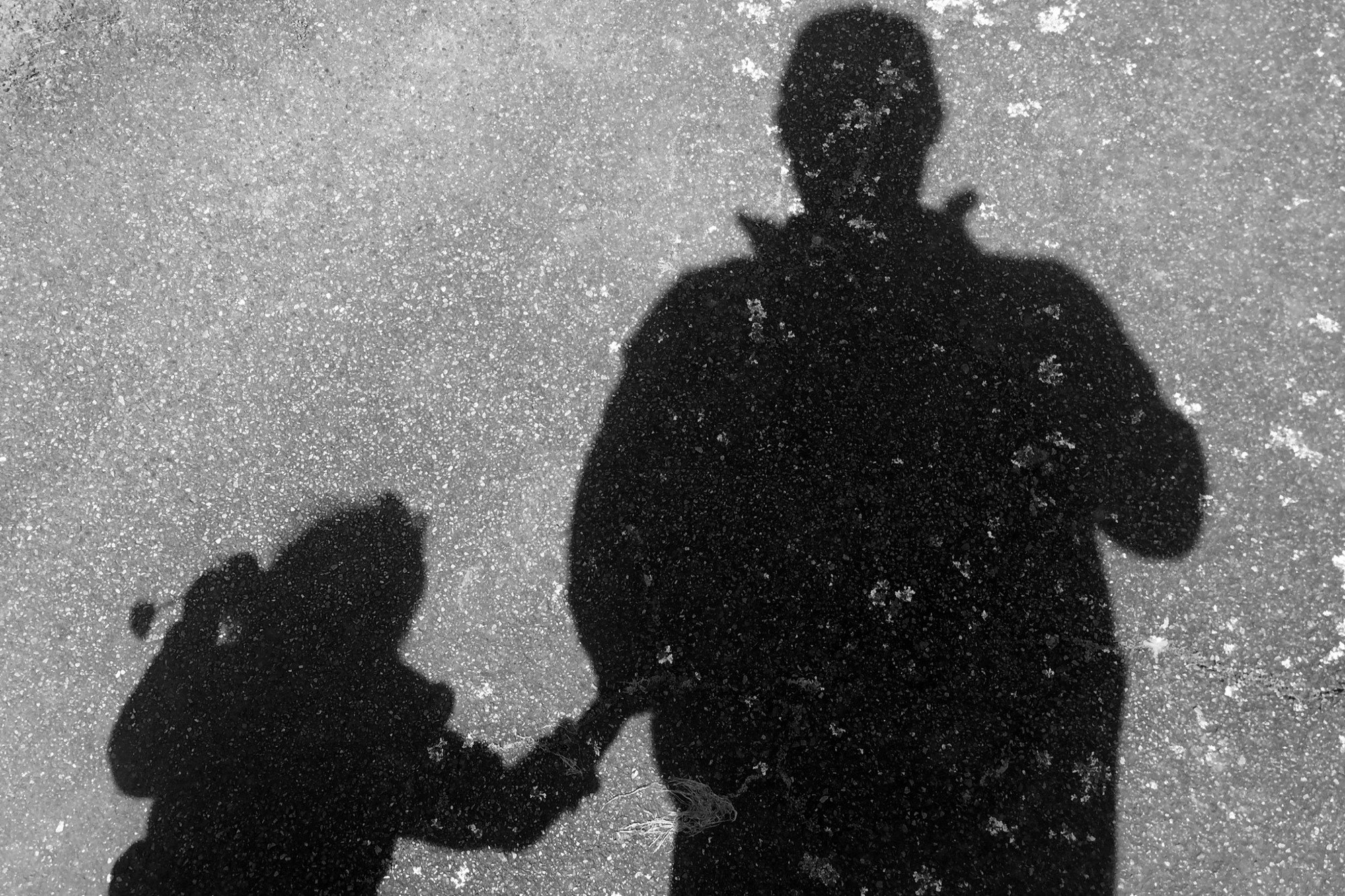A Journalist Fakes His Own Death. Was His Decision Moral?
Russian journalist Arkady Babchenko was allegedly murdered in Ukraine by hired killers working for Vladimir Putin’s regime. A picture of his body bathed in blood was publicized. Then, in an astonishing twist of events, 24 hours later Babchenko appeared in a news conference to inform that, indeed, he was alive, and it had all been a deception.
According to Bobchenko and Ukrainian authorities, the plan had been to uncover a Russian attempt to assassinate Babchenko. Predictably, the affair has brought criticism from all over. Journalists, of course, are concerned about the breach of communication ethics. But, criticism has also come from politicians who believe that Ukraine’s boldness has gone too far this time, and there could be an escalation in its conflict with Russia.
Ethically, this affair brings up a series of important questions. Is it ever moral to lie? If so, when? Can an effective and bloodless military tactic ever be considered immoral? Indeed, these questions began to be frequently asked after it was revealed that the information gathered to kill Osama Bin Laden was collected by CIA agents posing as vaccinators in Pakistan. There is no philosophical agreement about the moral worth of lies. Lies with mischievous objectives are obviously immortal. But, what about lies that ultimately serve a greater good? Can there be “white lies”?
Deontologist ethicists do not think so. In a famous case, 18th Century philosopher Immanuel Kant argued that if someone is hiding another person in a basement, and a murderer comes asking if that person is in the basement, there is the moral obligation to tell the truth. Ultimately, telling the truth will allow the murderer to kill that person, but Kant believed that there is the intrinsic duty to never lie. As an ancient Roman poet would have it, duties hold “even if the heavens fall.”
Understandably, this view is deemed too extreme by most philosophers. Most people believe it is morally acceptable to lie to the murderer. They would justify the lie by arguing that, ultimately, it leads to good consequences (preventing the murderer from finding the victim). This is a consequentialist understanding of ethics, or as it is also sometimes called, utilitarian, inasmuch as the lie ultimately is useful for the greater good.
But, as utilitarianism became more firmly established in ethical discussions, philosophers came up with two variants of this doctrine. Act utilitarianism holds that any action that brings forth good consequences is ethically justified. Rule utilitarianism, by contrast, holds that an action is ethically acceptable only if, consistently done (i.e., as a rule), it would bring forth good consequences. Although there are some act utilitarian ethicists, most utilitarian philosophers favor the rule utilitarian variant.
Act utilitarians would justify Bobchenko’s deception. The staging of his death ultimately led to the capture of Russian assassins. A lie was told, but dangerous men in Ukrainian territory were arrested. The same reasoning applies to CIA agents posing as polio vaccinators in Pakistan: some deception went on, but ultimately, it allowed for the death of the world’s most wanted criminal.
Rule utilitarians would reason differently. Sure, Bobchenko’s deception may have brought good consequences in the short term. But, were this action done as a rule, in the long term, it will bring forth more harmful consequences.
It is too soon to know whether or not Babchenko’s deception will ultimately cause more harm than good. But, we do know that the operation that ultimately led to Bin Laden’s death in Pakistan, has been very harmful. A growing portion of Pakistan’s population is now suspicious that polio vaccinators may be CIA agents, and militants have now violently attacked workers and volunteers of polio vaccination campaigns. Pakistan is one of the very few countries in the world where polio has not been eradicated.
There are reasons to believe that Babchenko’s operation will lead to bad consequences. Russia has undeniably engaged in illicit tactics in recent years (from shooting down a civilian airplane to manipulating the 2016 presidential election in America). Yet, Russia keeps defending itself by arguing that these are all false accusations emerging from “fake news.” Now that Ukraine has unabashedly fabricated a false story, Russia will further argue that all accusations against Putin’s regime come from false accounts. Most likely, Putin’s regime will now feel even more emboldened in its tactics, as it believes that its critics will have to struggle with their lack of credibility as a result of the Babchenko affair.





